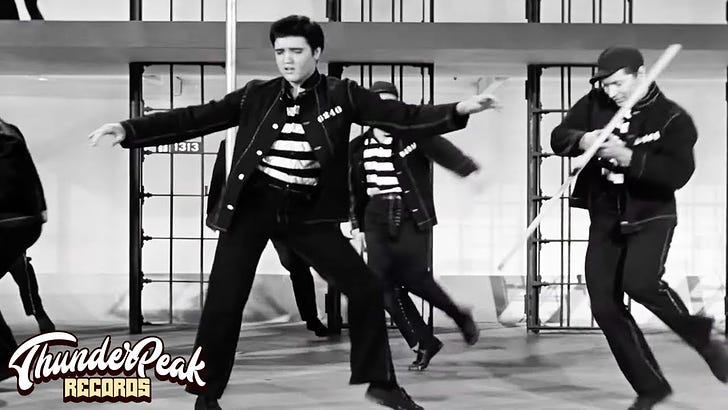We Need to Talk about “Elvis”—And Everything the Movie Did Wrong
Elvis Presley deserved better—but music biopics rarely deliver what is deserved.
I feel about Elvis the way I feel about most biopics of musicians: it will do until a good one comes along. That’s because these movies often are so rigidly formulaic that it’s like going on a blind date that turns out to be someone you dated once in high school 20 years ago—and they haven’t changed a bit. You already know everything they’re going to say—every joke, every anecdote, every everything. And the only reason you stay is that the band playing on stage is really good.
That’s the movie Elvis. The only reason to stay is the vibrant and energetic music. When Elvis sings, the movie bursts into glorious technicolor. The rest of the time: black-and-white meh. Basically, the movie is nothing more than a bland delivery system for the tasty soundtrack, like a gallon of white rice with only a couple tablespoons of delicious curry tikka floating on top.
Musical biopics generally fall into two categories: those that end tragically (The Doors, Bohemian Rhapsody, Judy, Sweet Dreams, La Bamba) or those that end in redemption (Rocket Man, Jersey Boys, I Walk the Line). Movie-makers prefer the tragic endings because there’s built-in pathos: They died young because they were chewed up and spit up by their own ambition and the soulless vampires in show business.
Ho hum.




